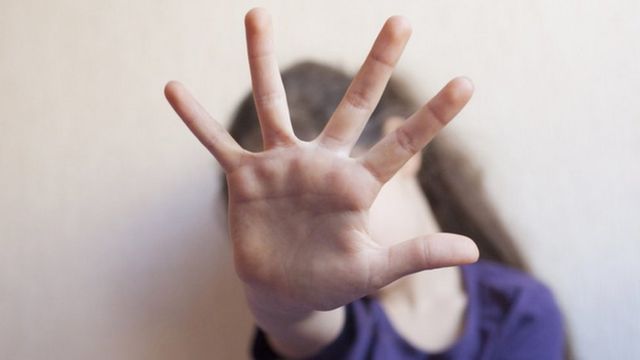Hello, someone greets on a forum. “Now with this almost worldwide quarantine, do you think there will be more children in XXX?” He asks, referring to a download site that we prefer to omit.
The forum that includes this comment is one of many that are found on the deep internet and that are under observation by the Central Cybercrime Unit (UCC) of the Spanish police.
Pedophile circles. That’s what we call them ”, explains Inspector Cecilia Carrión, a member of the UCC’s Group III for the Protection of Minors. “There they share opinions, express themselves freely about their wishes, their fantasies, exchange advice.”
In those same forums, someone asks if there will be “people taking packs” from children and if they will upload new materials on a certain online platform.
“In this case,” Carrión clarifies, “it refers to contacting minors and convincing them through deception that they record themselves in erotic or sexual acts.”
Although this type of interaction is common among pedophiles and pedophiles, what the Spanish authorities have been able to verify is the notable increase in their activities due to confinement due to the coronavirus pandemic.

One of the most recurrent themes since the confinement began in Spain is how they can benefit from this situation,” adds Carrión.
In some of these comments, someone explicitly describes how they would like to quarantine with a child at home, while another wonders if lockdown is a good opportunity to have new content on download platforms.
According to data to which BBC Mundo has had access, the week of March 17 (three days after the Spanish government declared a state of alarm) to 24, some 17,000 downloads of material with child pornography were registered.
The following week, from March 24 to 31, downloads rose to more than 21,000, that is, they increased almost 25%.
“Now it has decreased a bit and has stabilized, but there are still more discharges than normal,” adds Carrión.
But it is not a problem that concerns only Spain.
In fact, in a report by the European Police Office (Europol) published in early April, its executive director, Catherine de Bolle, declared herself “concerned about the increase in child sexual abuse online” in the countries most affected by the pandemic.
“We are all at home and constantly connected. We all try to do online what we cannot do in person, ”says Nunzia Ciardi, Head of the Italian Post and Telecommunications Police. “And clearly all cybercrime is on the rise.”
Italy was, for several weeks between March and April, the country where there were more cases of infected and deceased by covid-19 in the world.

It was also the first western country to declare, on March 9, a state of confinement throughout the national territory – a measure that is still in force.
“Our indicators suggest that in this period there is an increase in crimes of child pornography and sexual blackmail of minors”, adds Ciardi.
According to the data that BBC Mundo had access to, between March 1 and April 15, 2019, 83 crimes were reported in Italy for crimes related to child pornography online. In the same period this year – which coincides with the quarantine period – there have been 181 complaints, more than double.
In addition, so far this year, the Italian police have seized 108,123 GB of this type of digital content, which is equivalent to downloading the entire Netflix series “La casa de papel” on the mobile phone 50 times.
Finally, the Italian police registered a decrease in the average age of the victims: so far this year, the most affected are minors between 10 and 13 years old.
Many of the alerts reaching police officers around the world come from the US-based National Center for Missing and Exploited Children (NCMEC).
NCMEC has a service called CyberTipline through which electronic service providers (ESP) and technology companies based in the US (Microsoft, Facebook, Twitter, Google, TikTok, among others) have to report by law. if they detect anywhere in the world where content with abuse against minors operates.
NCMEC then reviews these reports and shares them with law enforcement in the countries where the abuse is found to have taken place.
In March of this year, NCMEC received more than two million notifications of this material, more than double the number reported in the same month of 2019.
“It is a dramatic increase!”, John Shehan, vice president of NCMEC, tells BBC Mundo.
source:
https://www.bbc.com/mundo/noticias-internacional-52385436









